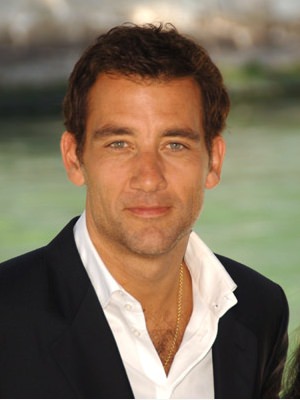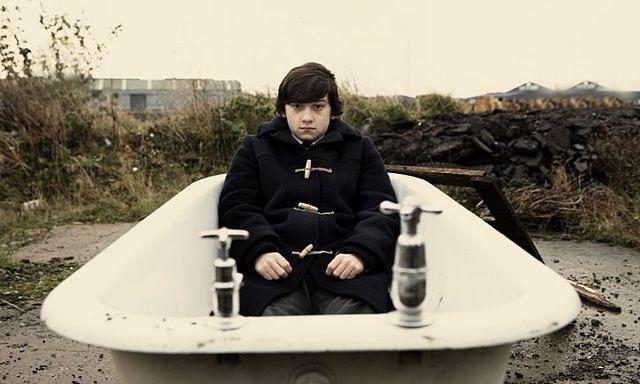5 Favourite Hairstyles:
- The beehive - preposterous but fabulous. I'm thinking Dusty Springfield, Bridget Bardot, Audrey Hepburn here; not Amy Winehouse or Marge Simpson
- The crew cut, or variations on the theme for men, such as the suedehead, which is basically a growing out crewe cut. It's just a good, honest style that indicates you're not so vain that you spend hours messing about with hair product - I find that important in a man
- The asymmetric bob - I'm aware that it doesn't suit everyone and is possibly detrimental to your eyesight, but it's intriguing
- Beach hair - the long, tousled, curly, side-parted, messy but not look. You know; the one favoured by the likes of Kate Hudson, Heidi Klum and Penelope Cruz - of course it helps to have big eyes and a gorgeous smile
- Clive Owen - yes, I know that's not actually a haircut per se, but whatever style you would call his just looks effortlessly perfect - short, practical, sexy and sophisticated - lovely; just lovely.








